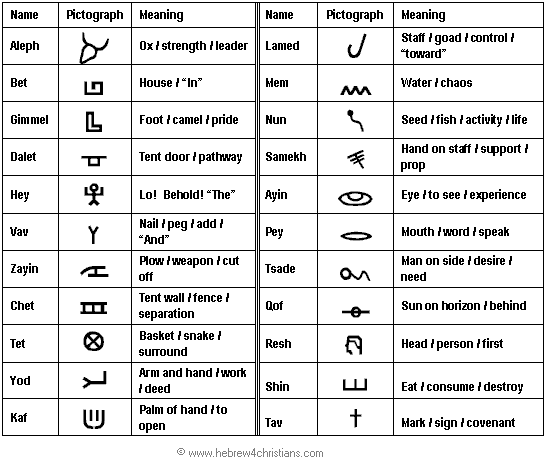If Hebrews were present in ancient Egypt. We must therefore find
archeological evidence of the presence of the Hebrew peoples.
Ktemoc Konsiders Blogspot implies, that there were non. Perhaps
he was looking at the wrong place. The name YHWH (Yahweh) can only
be associated to the Hebrew peoples. As proof, we can therefore look for
the Name Yahweh in Egyptian Hieroglyphic Texts . Excerpts from the
archeological document.
It is generally accepted that the term Shasu means nomads or
Bedouin people, referring primarily to the nomadic or semi-nomadic
peoples of Syria-Palestine. There are two significant hieroglyphic
references in New Kingdom period texts to an area called “the land of
the Shasu of Yahweh.” Except for the Old Testament, these are the
oldest references found in any ancient texts to the God Yahweh. The
purpose of this paper is to study these two references and assess their
possible importance in dating the Exodus account...
So, clearly there was a nomadic tribe called the 'Shasu of Yahweh'
that settled in Ancient Egypt. Again, one can argue about timelines and
come out with another theory to dispute these findings. Again, the name
Yod, Hey, Vav, Hey clearly only points to one peoples. The Israelites.
We have come to the point where one would say. Ok, there is a Creator
called Yahweh. What does it have to do with Christianity. Here i would
say. Look at the name Yahweh in its original form. To the hebrews יהוה ,
the tetragrammaton, when seen on ancient pictograms, takes on a whole
different meaning.

If the Creater was going to reveal his name. Why would it be
Yod 'Arm and Hand',
Hey 'Lo ! Behold "The",
Vav, "Nail/ peg /add/ And ",
Hey 'Lo ! Behold "The"
Behold the Hand, Behold the Nail
It seems that the Hebrew Creator implied that one should,
Look at the Hand ! ,Look at the Nail !
Did i quote any Bible verses ? Did i refer to any passages in the Tanakh (Old Testament) ?
Did i quote any passages in the new testament ? Did i refer to any apocryphal, church
or, religious documents (talmud etc) ?
Is this purely coincidental or improbable ?
archeological evidence of the presence of the Hebrew peoples.
Ktemoc Konsiders Blogspot implies, that there were non. Perhaps
he was looking at the wrong place. The name YHWH (Yahweh) can only
be associated to the Hebrew peoples. As proof, we can therefore look for
the Name Yahweh in Egyptian Hieroglyphic Texts . Excerpts from the
archeological document.
It is generally accepted that the term Shasu means nomads or
Bedouin people, referring primarily to the nomadic or semi-nomadic
peoples of Syria-Palestine. There are two significant hieroglyphic
references in New Kingdom period texts to an area called “the land of
the Shasu of Yahweh.” Except for the Old Testament, these are the
oldest references found in any ancient texts to the God Yahweh. The
purpose of this paper is to study these two references and assess their
possible importance in dating the Exodus account...
So, clearly there was a nomadic tribe called the 'Shasu of Yahweh'
that settled in Ancient Egypt. Again, one can argue about timelines and
come out with another theory to dispute these findings. Again, the name
Yod, Hey, Vav, Hey clearly only points to one peoples. The Israelites.
We have come to the point where one would say. Ok, there is a Creator
called Yahweh. What does it have to do with Christianity. Here i would
say. Look at the name Yahweh in its original form. To the hebrews יהוה ,
the tetragrammaton, when seen on ancient pictograms, takes on a whole
different meaning.

If the Creater was going to reveal his name. Why would it be
Yod 'Arm and Hand',
Hey 'Lo ! Behold "The",
Vav, "Nail/ peg /add/ And ",
Hey 'Lo ! Behold "The"
Behold the Hand, Behold the Nail
It seems that the Hebrew Creator implied that one should,
Look at the Hand ! ,Look at the Nail !
Did i quote any Bible verses ? Did i refer to any passages in the Tanakh (Old Testament) ?
Did i quote any passages in the new testament ? Did i refer to any apocryphal, church
or, religious documents (talmud etc) ?
Is this purely coincidental or improbable ?
No comments:
Post a Comment